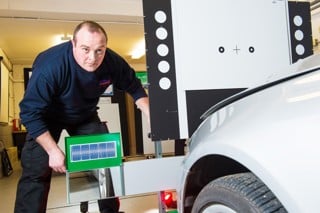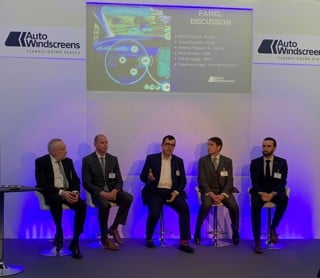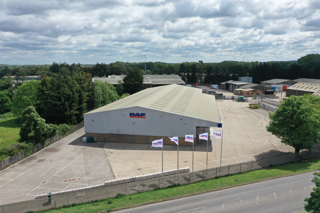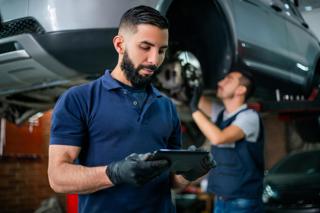An increase in the number of company cars fitted with advanced driver assistance systems (ADAS) means fleets need to reassess repair strategies, says Epyx.
The company, which processes more than 3.5 million service, maintenance and repair (SMR) jobs per year through its 1link Service Network platform, says that there is a real risk of control over costs and downtime being impacted.
Tim Meadows, commercial director, said: “We have moved very quickly to a situation where even quite mainstream fleet cars are now fitted with a wide range of ADAS devices and, come 2020 when compulsory fitment becomes an EU requirement, we are likely to see even more, whatever happens with Brexit.
“However, because these systems are often affected by common repairs such as windscreen or wing mirror replacement, they are very much something that fleets need to know how to manage.”
Meadows says that issues arise because many devices need expert recalibration, generally using specialist equipment at franchise dealers, and this adds a layer of complication.
“This potentially adds new difficulties to the day-to-day running of fleets and requires proactive management,” continued Meadows. “You don’t want a relatively simple windscreen replacement to become a job that takes weeks rather than hours.”
Fleets need to be aware of which ADAS devices were likely to need recalibration and the best way to make certain repair times and costs were minimised.
Meadows explained: “It is all about ensuring that the repair process is as smooth as possible, that the technical knowledge is available to understand what each vehicle and device requires, and which suppliers are best able to carry out the recalibration process efficiently.
“This is something about which we are increasingly working with fleets as ADAS devices become more common and the repair pitfalls more apparent.”
With ADAS safety systems potentially forming part of the duty of care responsibilities of each fleet, there is also the need to prove that repairs have been carried out to the required standard.
Meadows concluded: “One of the key aspects of carrying out these repairs through 1link Service Network is that it provides an auditable trail to which employers can refer in the event of an incident. This could prove to be crucial for people responsible for operating fleets.”























Login to comment
Comments
No comments have been made yet.